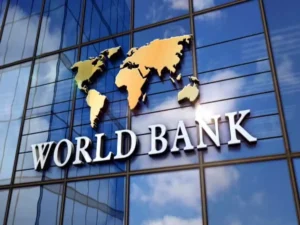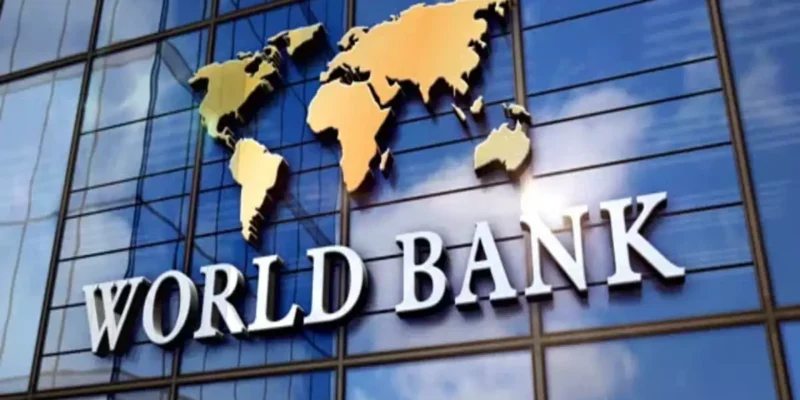
According to the Washington-based institution, “compensating transfers will be essential in helping to shield Nigerian households from the initial price impacts of the petrol subsidy reform.”
The multilateral development institution that made the announcement in Abuja During the launch of the Nigeria Development Update (NDU) on Tuesday, also highlighted that the recent removal of the petrol subsidy and the foreign exchange (FX) reforms were important moves toward correcting long-standing macroeconomic imbalances.
It stated that the reforms have the ability to lay a solid foundation for long-term, inclusive growth. In dissecting the NDU, World Bank Lead Economist for Nigeria and report co-author Alex Sienaert stated that four million Nigerians would be forced into poverty in the first half of 2023.
Sienaert, who emphasized the need for a new social compact to protect the poor and most vulnerable Nigerians in the aftermath of the removal of fuel subsidies, noted that approximately 7.1 million more Nigerians would fall further into poverty by the end of the year if the right incentives were not properly channeled to help the poor and vulnerable Nigerians.
He saw a number of negative impacts of the forex liberalization, including growing inflation and deflation, and the increase of debt to about 46%.

Comments